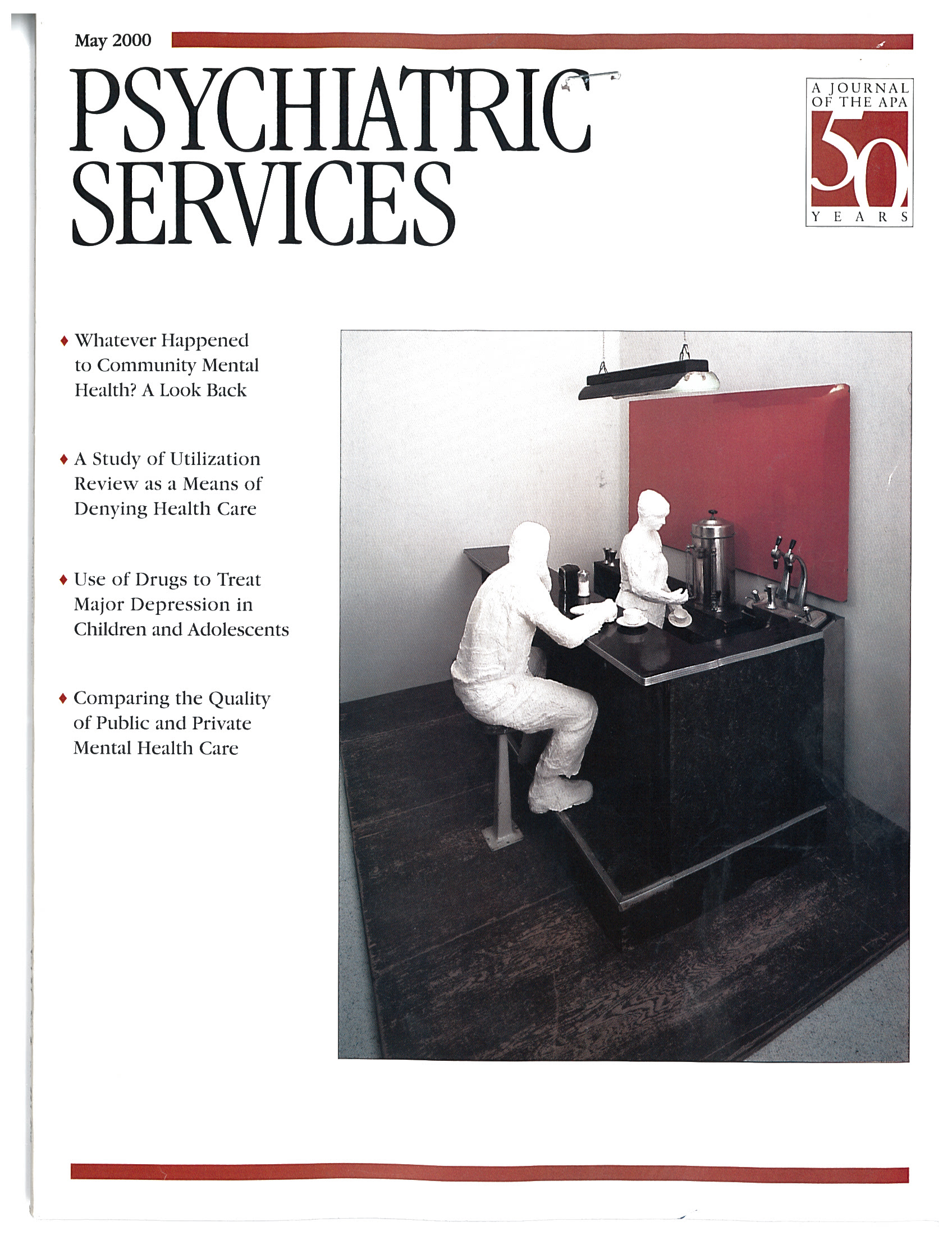A Delphi Approach to Describing Service Models of Community Mental Health Practice
Abstract
OBJECTIVE: The activities of mental health practitioners are poorly understood and described because of a lack of generally accepted and understandable categories. Greater precision is needed for accountability, planning, and evaluation. The objective of this study was to identify a valid and reliable set of categories to describe the clinical work practices of intensive case managers in the United Kingdom. METHODS: Eight intensive case managers participated in a Delphi process to produce a set of categories that described their clinical work practices. They each completed three questionnaires and participated in a final group discussion. RESULTS: The initial open questionnaire generated 38 potential categories after exact duplicates were removed. In round 2, the intensive case managers each rated the 38 categories from 1 to 5 (essential to unimportant). A high degree of consensus on the relative importance of the 38 suggested practice categories was rapidly achieved. In round 3, they re-rated the categories in the light of group medians and their own round 2 ratings. In a structured face-to-face discussion group, the intensive case managers then reduced the 38 potential categories to ten comprehensive and mutually exclusive categories that were judged to adequately and accurately reflect work practices. They were housing, finance, daily living skills, criminal justice system, occupation and leisure, engagement, physical health, caregivers and significant others, specific mental health intervention or assessment, and medication. CONCLUSIONS: Delphi methods were effective and relatively straightforward in producing an agreed-on set of categories with which to record clinical activity and inform care planning.



